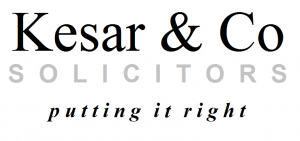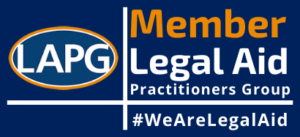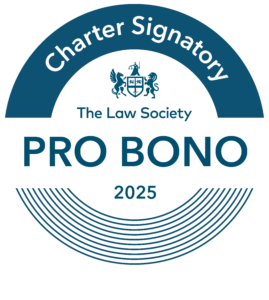Admin Court provides guidance on costs awards against a tribunal or lower court
R(Samuel) v The Parole Board for England and Wales & Anor [2020] EWHC 42 (Admin)
Our public law team has succeeded in a claim for judicial review of a decision of the Parole Board. The Defendant Parole Board had refused to transfer our client to open conditions. Kesar & Co successfully argued that the incorrect legal test had been applied by the Panel which heard our client’s case. The Court provided clarity to the Board as to the appropriate manner in which it should approach the open conditions test. The Court approved the test set out in R(Hutt) v Parole Board [2018] EWHC 141 (Admin). This test requires the Board to undertake a balancing exercise which considers the benefit of open conditions to the offender, as well as his or her risk to the public.
On the facts of this case, the Court was satisfied that the Parole Board had “signally failed” to carry out the required balancing exercise. There was a possibility that the Parole Board Panel had conflated the tests for release and open conditions. The Court determined that, whatever the reasons for failing to carry out the balancing exercise, there had been a clear error of law. This case clarifies that where open conditions are sought by an offender, the Parole Board must apply its mind to a separate test. To avoid unlawfulness in the resulting decision, the benefits of open conditions to the offender should be set out and balanced against the risks of absconding.
This case also provided guidance on the rule set out in (R (Davies) v. Birmingham Deputy Coroner [2004] 1 WLR 2379 that inferior Courts and Tribunals should not pay the costs of proceedings brought against them, where they maintain a neutral position. As is its litigation strategy, the Parole Board remained neutral in these proceedings. The Parole Board argued that it should not therefore be liable for the costs of losing the litigation. The Court disagreed. During the course of the case the Parole Board had behaved unreasonably in its approach to the disclosure of documents. The Parole Board had refused to provide documents in response to sensible and proportionate requests for the note of the hearing. As a result the Parole Board was ordered to contribute to the costs of these proceedings.
The Court clarified that the rule in Davies does not necessarily provide blanket costs protections for bodies such as the Parole Board. Where a Defendant behaves unreasonably, costs can and will follow, regardless of whether the Defendant maintains a neutral position. This may be of particular interest to lawyers who bring challenges against Coroners, as well as those who challenge Parole Board decisions.
The Claimant in this case was represented by Killian Moran, our public law supervisor. Sian Beaven of Charter Chambers was instructed as Counsel.










Leave a Reply
Want to join the discussion?Feel free to contribute!